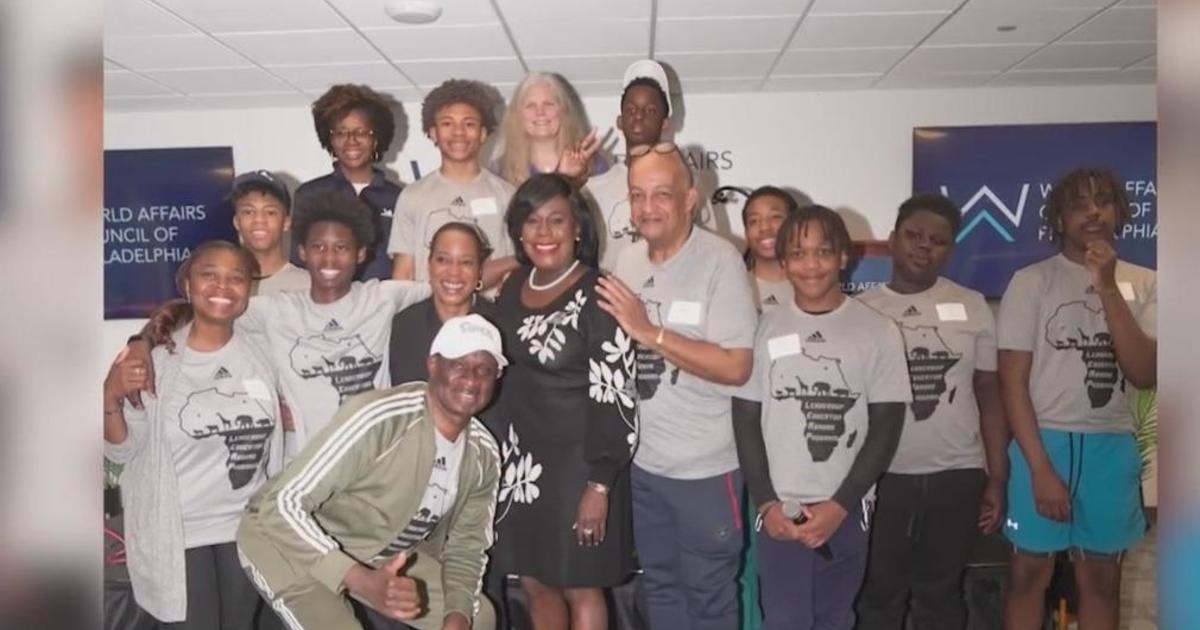Local Professor Studies Ice Worms In Effort To Make More Organ Transplants Possible
By Lynne Adkins
PHILADELPHIA (CBS)--What do ice worms and human organ transplants have in common?
An ice worm lives its life in freezing temperatures conditions that human cells can't survive. But Dr. Daniel Shain, a biology professor at Rutgers-Camden, is doing research he hopes will lead to allowing human cells and human donor organs, which are transported on ice, to survive.
"Somebody might have an organ in Los Angeles and the recipient is in New York and by the time that's all figured out and transported there then the organ is no longer viable. So if we could increase that time window from days to weeks to months than we could maximize the ability to find recipients."
He has figured out the mechanism that allows the ice worm to keep its energy levels up in the cold and already reproduced it in single cell organism, but humans are still a few years off.



